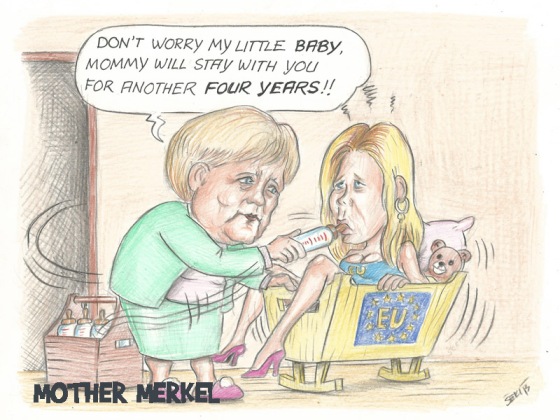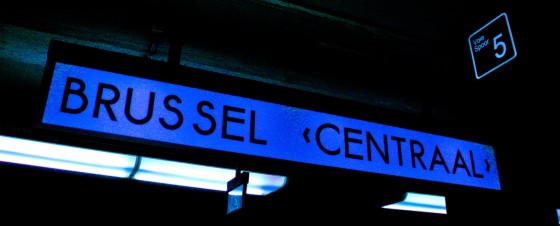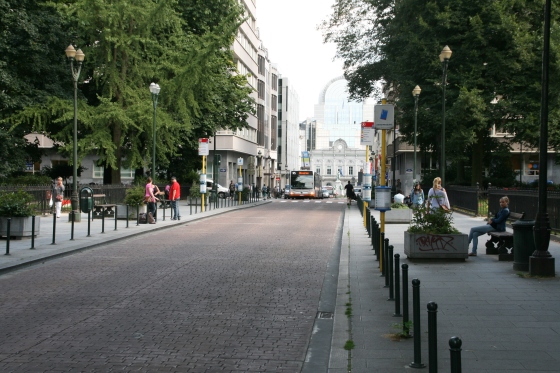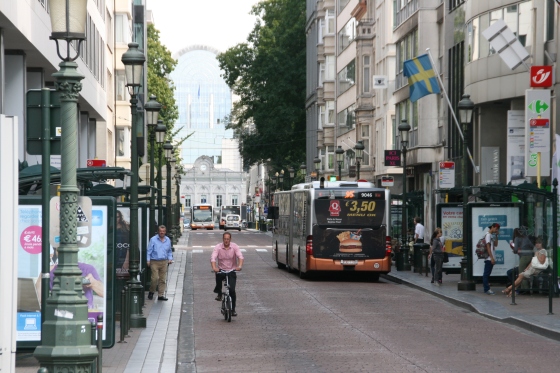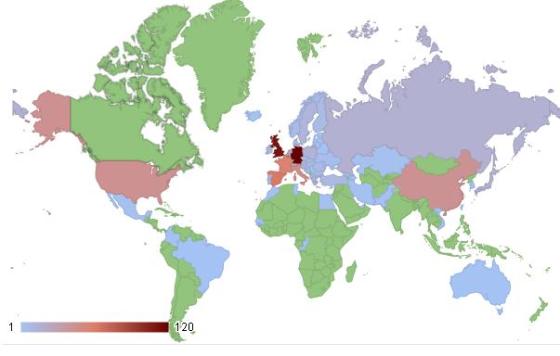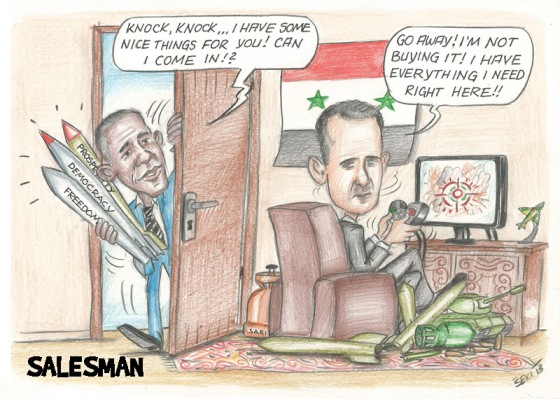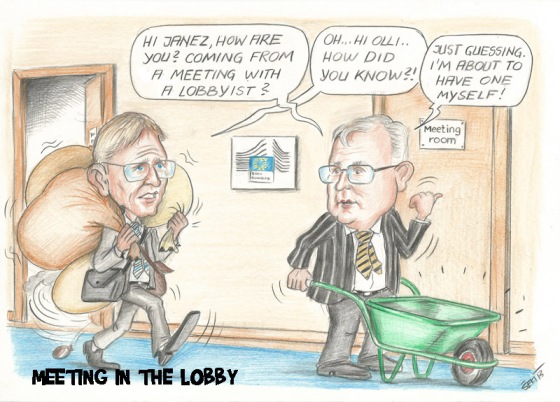Interviews with EU insiders. Some quotes
A couple of months we have walked the streets of Brussels now. Talking to folks working in the Brussels bubble brings new insights. We have talked to a correspondent, a freelance writer, a IT coordinator and a lobbyist. The coming weeks you can expect two more conversations. One with a lobbyist, and one with somebody who is trying to monitor this lobbying business.
To give an oversight, down here a collection of quotes from our interviews so far. You can read the interviews in full, with more context, by clicking on the link at the end of the quote. The idea is to focus on the media and lobbying sector for the coming months. From there, we will see what happens. My guess is these sectors are pretty important to pay attention to right now.
Everyday a lobbyist can postpone legislation, he earns a million more for the company. Their own bonuses continue as well. Its a game of delaying. A couple of months more, a year more, two years maybe. Its a game. – Lobbyist, working in Brussels.
You have a couple of big banks with one goal: world domination. In 1981 the Americans cut AT&T in pieces. There comes a moment when this happens to the banks as well. Its just a story of competition. That is what’s going on in Brussels right now as well. – Lobbyist, working in Brussels.
You have a couple of intellectuals, but most of them just think about the next election, their constituents and hopefully not to much about their own bank account. But, also those folks are present. – Lobbyist, working in Brussels, on politicians in Brussels.
One of the positive notes on the lobby and PR sector is that the sector and its budgets have been growing enormously. If you look at the big companies in the transparency register, some of them are not making big profits, but the majority of them show growth and some of them even doubled their budgets. It’s now or never. If you can’t sell your case right now, you are worth nothing. – Lobbyist, working in Brussels.
Its the only thing we have right now. You are not obliged to register yourself, so in that sense you can raise questions about it. But making it manditory doesn’t solve the problem either, my guess is. There is no capacity to do something with all the information. – Lobbyist, working in Brussels, on the transparancy register for lobbyists.
First of all you have people from different kind of administrative cultures here. Second, you have people who were used to work in other structures, like that of the Commission or the Council. Then you have people who where transferred directly from their Ministry into this building. You have people who have been put into leading positions without any training. All these different cultures with different languages are mixed up together. What a Frenchman says in English, is not what a Dutchman or Spaniard would say. So, you have a problem of interpretation as well. – IT coordinator, working in Brussels.
Next to a bunch of interviews out of the field, this page called ‘The Ivory Tower’ collects long reads, videos or other media that could give interesting perspectives from a theoretical point of view. Smart people enough on the internet, right.
This time a talk from Tomáš Sedláček. Find more about him on his own website, or Wikipedia. He calls the (EU) crises manic depressed. The current situation is not a crisis of capitalism, but speaks about it as a crisis of growth. His argument is that the science of economics these days is putting to much emphasis on methods without paying much attention on substance. The short intro is in Dutch. Tomas speaks English.
If you have another video or link from a smart economic professor with an opposite view? Share it.
Getting the right numbers: Who´s covering Brussels
Two weeks ago, I asked the accreditation office at the Commission for some numbers on the amount of media present in Brussels. The week after I asked them if they could give me some more info on the countries these media where from. I received the list today. Down here you can see where these media come from. The numbers are related to media outlets (not individual journalists) who have received an accreditation (according to the last known data of july 2013).
On the map you can see a general outlook. Green tells you that no media from that country has an official accreditation in Brussels. Light and dark blue equals a ´average representation´. Light and dark Red equals a ´high representation.´
85 Media outlets are classified as ´International European.´ According to the office these are media outlets who are not related to a specific country, like for example Euronews.
In terms of geographics, the African continent counts a lot of green, just like the Middle East and South East Asia. Canadian media have no accreditations. Australia and Brazil both have one media outlet with accreditations.
| Germany | 120 |
| United Kingdom | 111 |
| Int. European | 85 |
| Belgium | 68 |
| Spain | 63 |
| France | 57 |
| Italy | 47 |
| USA | 44 |
| China | 43 |
| Netherlands | 23 |
| Russia | 16 |
| Poland | 15 |
| Japan | 15 |
| Austria | 14 |
| Albania | 13 |
| Greece | 13 |
| Denmark | 12 |
| Sweden | 12 |
| Portugal | 11 |
| Swiss | 10 |
| Hungary | 10 |
| Croatia | 9 |
| Ireland | 9 |
| Turkey | 9 |
| Romania | 8 |
| Bulgaria | 8 |
| Czech Republic | 7 |
| Finland | 7 |
| Norway | 6 |
| Ukrain | 5 |
| Macedonia | 4 |
| Georgia | 4 |
| Luxembourg | 4 |
| Malta | 4 |
| Slovenia | 4 |
| South Korea | 3 |
| Kazakhstan | 3 |
| Lithuania | 3 |
| Maroc | 3 |
| Mexico | 3 |
| Pakistan | 3 |
| Egypt | 3 |
| Serbia | 3 |
| Vietnam | 3 |
| United Arab Emirates | 2 |
| Estonia | 2 |
| Kosovo | 2 |
| Qatar | 2 |
| Moldova | 2 |
| Slovakia | 2 |
| Senegal | 2 |
| Taiwan | 2 |
| United Arab Emirates | 2 |
| Estonia | 2 |
| Rwanda | 1 |
| Palestine | 1 |
| Kuwait | 1 |
| Latvia | 1 |
| Tunisia | 1 |
| Australia | 1 |
| Congo | 1 |
| Iceland | 1 |
| Azerbaijan | 1 |
| Belarus | 1 |
| Bosnia Herzegovina | 1 |
| Brazil | 1 |
The Ivory Tower: A new German question.

Next to a bunch of interviews out of the field, this new page called ‘The Ivory Tower’ collects long reads that could give interesting perspectives from a theoretical point of view. Smart people enough on the internet, right.
Its aim is to have a collection of articles from different political perspectives. But, since we are always biased ourselves, we can always use the help of you.
So, if you have an interesting article to share, post it in the comments section directly. Or, if you think it deserves more attention then a spot in the comments section, e-mail it to insideeuropeblog [at] gmail.com. All e-mailed articles will be published, including the e-mail itself without your name or e-mail address. (to give it some context on the ‘why’ it should be published.
Today, an article from British historian Timothy Garton Ash on the new German Question, published in the New York Review of Books:
There is a new German question. It is this: Can Europe’s most powerful country lead the way in building both a sustainable, internationally competitive eurozone and a strong, internationally credible European Union? Germany’s difficulties in responding convincingly to this challenge are partly the result of earlier German questions and the solutions found to them. Yesterday’s answers have sown the seeds of today’s question.
Read more here.
Image: Angela Merkel; drawing by James Ferguson
Getting the right numbers: the Brussels press corps
To get a better grasp of the amount of journalists covering ‘EU’ related topics, I searched my way around the Internet and found several articles about the decline of the press corps. Here and here for instance. According to the International Press Association (IPA) in Brussels, the number of accredited reporters shrunk from some 1,300 in 2005 to 964 in 2009 (source).
Numbers are always a great way to tell juicy stories. Leave the context out, tweak it a bit, and you can make several stories out of the same numbers. To start my little investigation on the numbers, I asked the accreditation office at the European Commission what their numbers are, and I received this list:
The increase between March and July is partially due to a number of journalists being accredited temporarily for replacing their colleagues during the summer holidays, according to the office.
